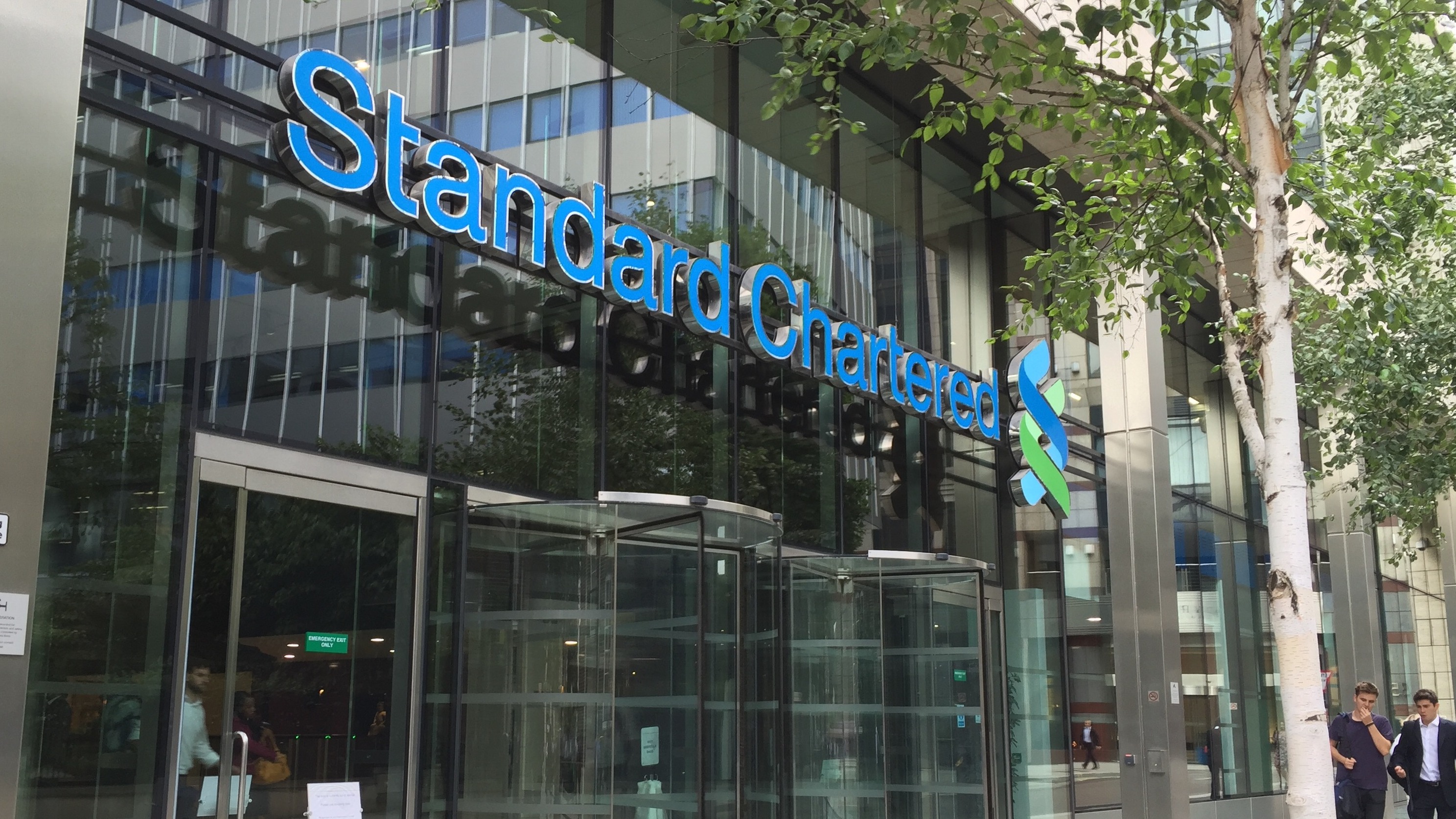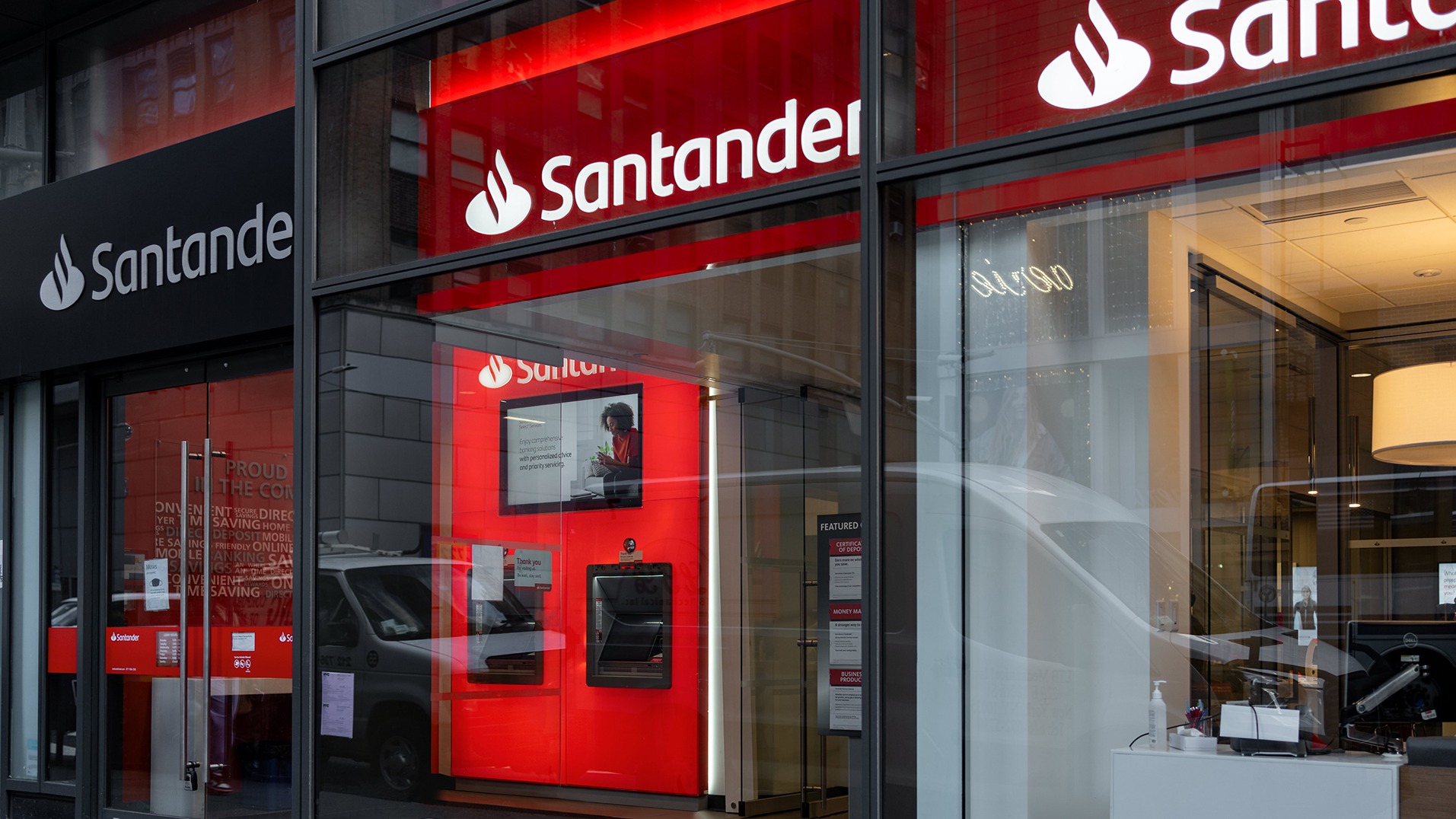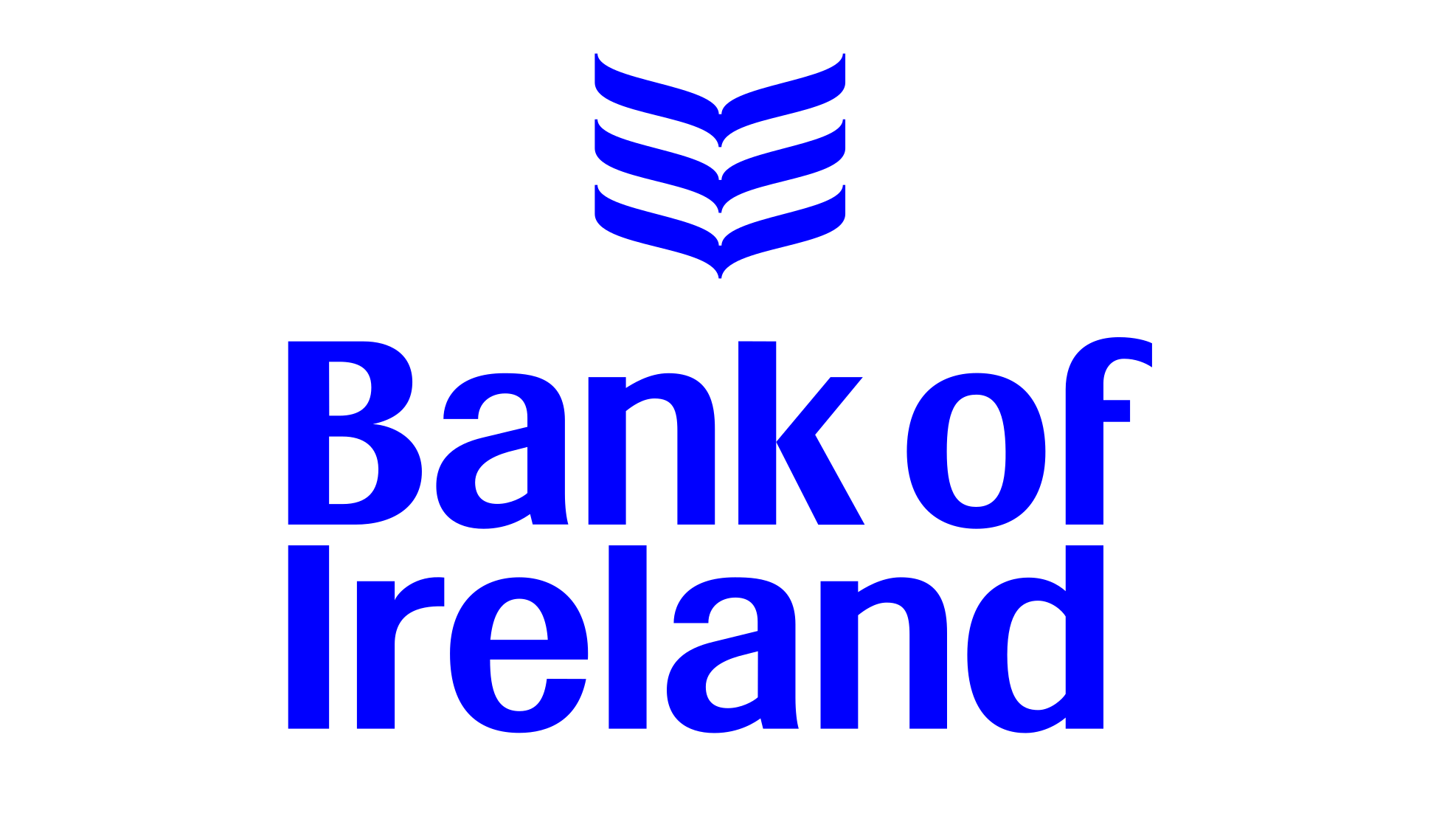Standard Chartered Bank’s Hong Kong arm has successfully completed a pilot which tested cross-border transactions with tokenised carbon assets in partnership with Mastercard.
The trial was completed under the Hong Kong Monetary Authority’s Fintech Supervisory Sandbox, with the bank describing the move as the latest milestone in driving FinTech innovation and developing the tokenisation market in Hong Kong.
The proof-of-concept pilot (POC) was conducted between Mox Bank, a virtual bank backed by Standard Chartered and Libeara, a tokenisation platform backed by SC Ventures, Standard Chartered’s start-up arm.
The bank said the trial resulted in a transparent, real-time transaction between Standard Chartered and Mox, with the end client receiving access to a tokenised version of their carbon credit, which could be held in a digital wallet or used to offset carbon.
“The tokenisation of real-world assets and the potential use of different forms of tokenised currency is integral to the future of the financial industry,” said Mary Huen, chief executive officer of Standard Chartered Bank (Hong Kong) (SCBHK). “SCBHK is keen to stay at the forefront of tokenisation and drive fintech development in Hong Kong.”
Additionally, Standard Chartered completed a Euro-denominated transfer between Hong Kong and Singapore. The transaction was between Siemens AG and iFast Financial Pte Ltd.
It was completed through Partior, a global unified ledger market infrastructure, which integrates blockchain technology directly into the bank’s payment systems. The move comes after Standard Charter made an investment in the platform in November 2022.
“With the financial landscape and corporate treasury function undergoing rapid transformation, corporate and financial institution clients increasingly require their banking partners to support them in achieving better access, visibility, and control of their working capital, and provide ‘always-on’ availability, liquidity and speed of payment flows,” said Mahesh Kini, global head of cash management at Standard Chartered.
He added: “We understand the real transformation that blockchain-enabled solutions can deliver to the industry and broader ecosystem, and our collaboration with Partior to be the first Euro settlement bank to launch on the network brings us closer to our goal of providing real time, 24/7 flows at scale for corporates and financial institutions, while meeting their treasury needs in a safe and efficient manner.”
Latest News
-
Gemini to cut quarter of workforce and exit UK, EU and Australia as crypto slump forces retrenchment
-
Bank ABC’s mobile-only ila bank migrates to core banking platform
-
Visa launches platform to accelerate small business growth in US
-
NatWest to expand Accelerator programme to 50,000 members in 2026
-
BBVA joins European stablecoin coalition
-
eToro partners with Amundi to launch equity portfolio with exposure to ‘megatrends’
Creating value together: Strategic partnerships in the age of GCCs
As Global Capability Centres reshape the financial services landscape, one question stands out: how do leading banks balance in-house innovation with strategic partnerships to drive real transformation?
Data trust in the AI era: Building customer confidence through responsible banking
In the second episode of FStech’s three-part video podcast series sponsored by HCLTech, Sudip Lahiri, Executive Vice President & Head of Financial Services for Europe & UKI at HCLTech examines the critical relationship between data trust, transparency, and responsible AI implementation in financial services.
Banking's GenAI evolution: Beyond the hype, building the future
In the first episode of a three-part video podcast series sponsored by HCLTech, Sudip Lahiri, Executive Vice President & Head of Financial Services for Europe & UKI at HCLTech explores how financial institutions can navigate the transformative potential of Generative AI while building lasting foundations for innovation.
Beyond compliance: Building unshakeable operational resilience in financial services
In today's rapidly evolving financial landscape, operational resilience has become a critical focus for institutions worldwide. As regulatory requirements grow more complex and cyber threats, particularly ransomware, become increasingly sophisticated, financial services providers must adapt and strengthen their defences. The intersection of compliance, technology, and security presents both challenges and opportunities.
© 2019 Perspective Publishing Privacy & Cookies













Recent Stories